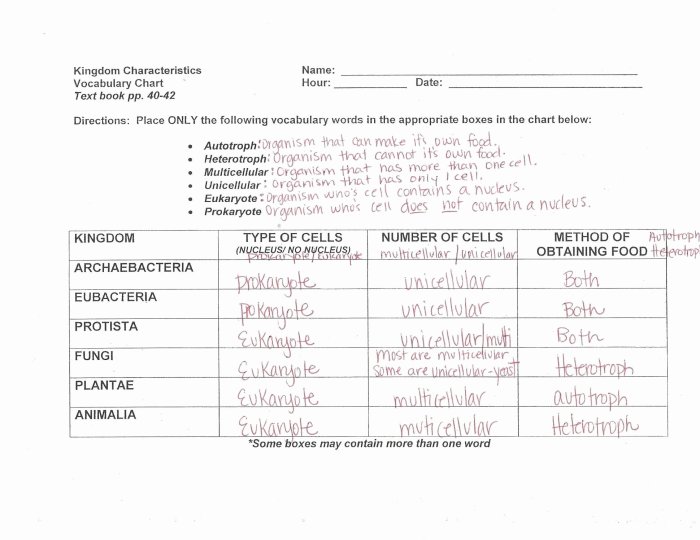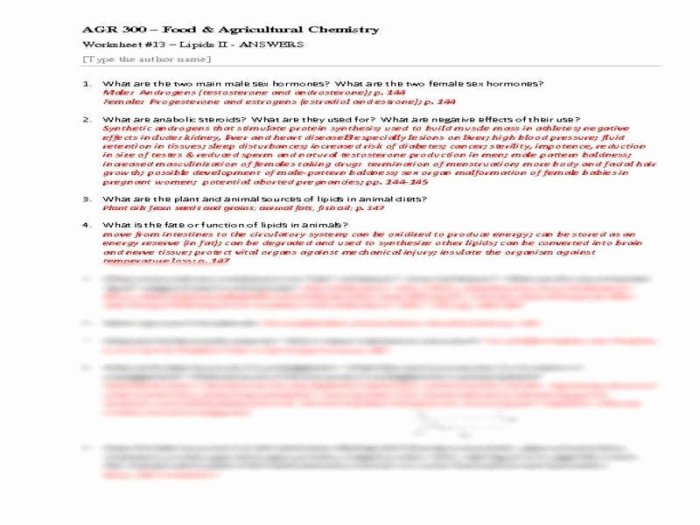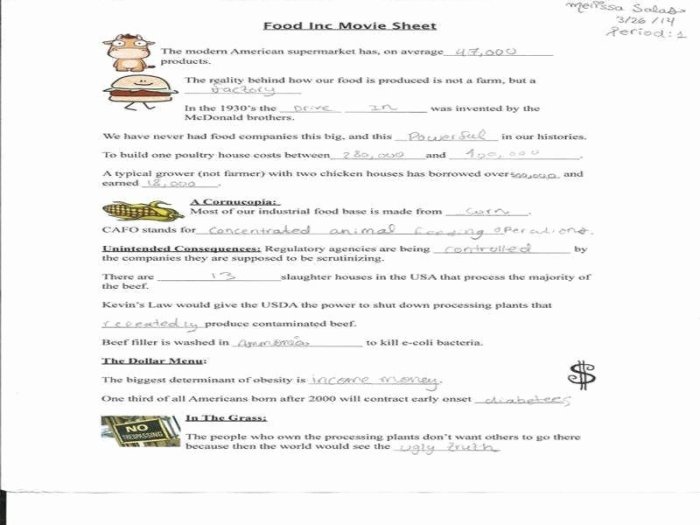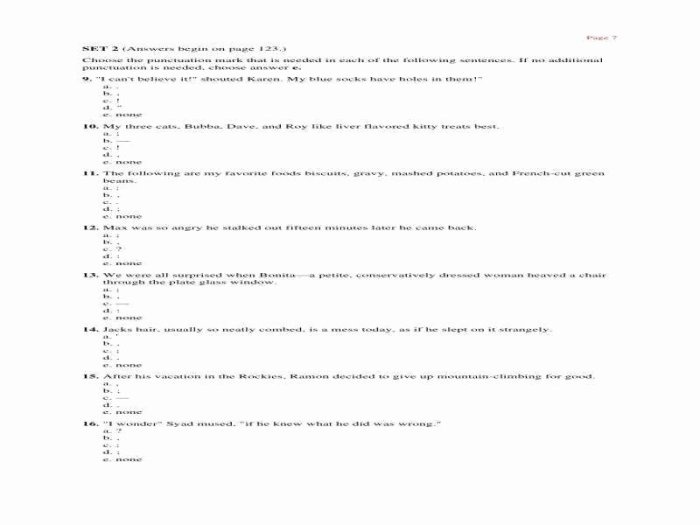Food Inc movie sheet answers embark on a journey to uncover the hidden truths behind the industrial food system, exposing its practices, consequences, and the power of consumer awareness. Delving into the intricate web of factory farming, genetic modification, and the impact on our health, this exploration unveils the urgent need for transparency and sustainable food practices.
The documentary’s compelling arguments and thought-provoking themes challenge our understanding of food production, inviting us to question the choices we make as consumers. It sheds light on the environmental and ethical implications of industrial agriculture, emphasizing the importance of informed decision-making and supporting alternative food systems.
Movie Overview

The Food, Inc. documentary, released in 2008, provides a critical examination of the modern industrial food system in the United States. It exposes the practices and consequences of large-scale agriculture and food processing, highlighting concerns related to health, environmental sustainability, and ethical treatment of animals.
Main Arguments
The film presents several key arguments:
- Consolidation and Monopoly:The food industry is dominated by a few large corporations that control most aspects of food production, distribution, and marketing, leading to reduced competition and consumer choice.
- Factory Farming:Industrial-scale animal agriculture involves confining animals in cramped and unsanitary conditions, resulting in animal suffering, increased risk of disease, and the use of antibiotics to prevent infections.
- Processed Food:The majority of food consumed in the US is highly processed, containing artificial ingredients, added sugars, and unhealthy fats that contribute to chronic diseases such as obesity, heart disease, and diabetes.
- Environmental Impact:Industrial agriculture practices, such as monoculture farming and excessive use of fertilizers and pesticides, have significant negative impacts on biodiversity, soil health, and water resources.
- Consumer Deception:Food companies often use misleading labeling and marketing tactics to create the illusion of healthy and sustainable products, while hiding the true nature of their ingredients and production methods.
Main Themes
The film’s central themes include:
- The Importance of Informed Consumerism:Consumers need to be aware of the practices behind food production and make informed choices about what they eat.
- The Need for Sustainable Agriculture:Promoting practices that prioritize environmental protection, animal welfare, and long-term food security.
- The Role of Government Regulation:Governments have a responsibility to regulate the food industry to ensure transparency, fair competition, and the protection of public health and the environment.
Industrial Food Production
Industrial food production is the process of producing large quantities of food using automated and standardized techniques. It involves the use of large-scale farming, factory farming, and genetic modification.
Factory Farming
Factory farming is a method of raising livestock in which animals are kept in large, confined spaces and subjected to intensive management practices. This practice is designed to maximize production efficiency and reduce costs, but it raises concerns about animal welfare and the environment.
- Animal Welfare:Animals in factory farms are often subjected to overcrowding, lack of space, and unsanitary conditions. They may also be denied access to fresh air, sunlight, and exercise, leading to health problems and behavioral issues.
- Environmental Impact:Factory farming generates large amounts of manure and wastewater, which can pollute water sources and contribute to greenhouse gas emissions. The use of antibiotics in factory farms can also lead to the development of antibiotic-resistant bacteria.
Genetic Modification
Genetic modification is the process of altering the genetic material of organisms to produce desired traits. In agriculture, genetic modification is used to improve crop yields, resistance to pests and diseases, and nutritional value.
- Benefits:Genetic modification has the potential to increase food production, reduce the need for pesticides and herbicides, and improve the nutritional value of crops. It can also lead to the development of crops that are resistant to climate change and other environmental stresses.
Looking for insights into the food industry? Check out the answers to the Food Inc movie sheet for a deeper understanding. Similarly, exploring similes in John Steinbeck’s “Of Mice and Men” ( similes in of mice and me ) can enhance your appreciation of literary devices.
Delve into these resources to broaden your perspectives on food and literature.
- Concerns:There are concerns about the long-term effects of genetically modified crops on human health and the environment. Some studies have suggested that genetically modified crops may cause allergies or other health problems. There are also concerns about the potential for genetically modified crops to cross-pollinate with wild plants, creating new and potentially harmful hybrids.
Health Implications

Industrial food production methods, such as mass farming and processing, have been linked to an increased prevalence of chronic diseases such as obesity, heart disease, and diabetes. These diseases are often associated with poor diets high in processed foods and added sugars.
Processed Foods and Additives
Processed foods are foods that have been altered from their natural state through methods such as canning, freezing, or adding preservatives. These foods often contain high levels of unhealthy fats, sodium, and sugar, which can contribute to weight gain and chronic diseases.
Additives are substances added to food to enhance flavor, color, or shelf life. While some additives are safe for consumption, others have been linked to health problems such as allergies, asthma, and cancer.
Consumer Awareness

Consumers play a pivotal role in shaping the food industry. Their choices and preferences drive demand, influencing production practices and product development. Understanding consumer awareness is crucial for promoting transparency and accountability in the food system.
To enhance consumer awareness, several strategies can be implemented:
Consumer Education
- Educate consumers about food production practices, including the use of pesticides, antibiotics, and genetic engineering.
- Provide information on nutrition, food safety, and the environmental impact of food choices.
Labeling and Transparency, Food inc movie sheet answers
- Implement clear and comprehensive food labeling regulations that provide accurate information about ingredients, nutritional content, and production methods.
- Promote the use of certifications and third-party verification to assure consumers of the quality and safety of food products.
Empowerment and Advocacy
- Encourage consumers to support organizations that advocate for sustainable and ethical food practices.
- Provide platforms for consumers to voice their concerns and hold food companies accountable.
Alternative Food Systems
Alternative food systems offer approaches that diverge from conventional industrial food production. They prioritize sustainability, local economies, and consumer health.
These systems include organic farming, which emphasizes natural methods and avoids synthetic pesticides and fertilizers. Another key element is local food networks, where food is produced and distributed within a specific geographic region, reducing transportation distances and fostering community connections.
Benefits of Alternative Food Systems
- Reduced environmental impact through sustainable farming practices
- Improved nutritional value due to reduced chemical inputs
- Support for local farmers and businesses
- Enhanced food security by diversifying food sources
Challenges of Alternative Food Systems
- Higher production costs compared to conventional systems
- Limited availability and distribution, especially in urban areas
- Perception of higher prices for organic and local products
- Need for consumer education and awareness
Policy Implications: Food Inc Movie Sheet Answers

Government policies and regulations play a crucial role in shaping the food industry. They impact everything from food safety standards to agricultural practices. In recent years, there has been a growing recognition of the need for reforms to promote sustainable and equitable food systems.One
key area of focus is the need to reduce the environmental impact of industrial food production. Policies that promote sustainable farming practices, such as organic farming and agroforestry, can help to protect soil health, water quality, and biodiversity. Additionally, policies that reduce food waste and promote composting can help to mitigate greenhouse gas emissions.Another
important area of policy reform is the need to address the health implications of the industrial food system. Policies that promote healthy eating, such as taxes on sugary drinks and subsidies for fruits and vegetables, can help to reduce obesity and chronic diseases.
Additionally, policies that restrict the use of antibiotics in livestock production can help to reduce the development of antibiotic-resistant bacteria.Finally, there is a need for policies that promote consumer awareness about the food system. Policies that require food labeling to be clear and informative can help consumers make informed choices about the food they eat.
Additionally, policies that support food education programs can help to increase consumer knowledge about nutrition and sustainable food practices.By implementing these reforms, governments can help to create a more sustainable, equitable, and healthy food system for all.
Government Policies and Regulations Impacting the Food Industry
Government policies and regulations impact the food industry in a variety of ways, including:
- Food safety standards: Governments set food safety standards to protect consumers from foodborne illnesses. These standards cover everything from the production of food to its storage and transportation.
- Agricultural practices: Governments regulate agricultural practices to protect the environment and ensure the safety of food. These regulations cover everything from the use of pesticides and fertilizers to the management of livestock.
- Food labeling: Governments require food labels to be clear and informative so that consumers can make informed choices about the food they eat. These labels include information on the nutritional content of food, as well as its ingredients and allergens.
- Food marketing: Governments regulate food marketing to protect consumers from false and misleading claims. These regulations cover everything from the advertising of food to the use of health claims on food labels.
Need for Reforms to Promote Sustainable and Equitable Food Systems
There is a growing recognition of the need for reforms to promote sustainable and equitable food systems. These reforms are needed to address the following challenges:
- The environmental impact of industrial food production: Industrial food production has a significant environmental impact, including deforestation, water pollution, and greenhouse gas emissions.
- The health implications of the industrial food system: The industrial food system has been linked to a number of health problems, including obesity, heart disease, and cancer.
- The lack of consumer awareness about the food system: Many consumers are unaware of the environmental and health impacts of the food they eat. This lack of awareness makes it difficult for consumers to make informed choices about the food they eat.
FAQ
What are the key arguments presented in Food Inc?
The film highlights the environmental degradation, ethical concerns, and health risks associated with industrial food production practices.
How does Food Inc impact consumer awareness?
It raises awareness about the hidden practices in the food industry, empowering consumers to make informed choices and demand transparency.
What alternative food systems are explored in Food Inc?
The documentary showcases organic farming, local food networks, and sustainable agriculture as alternatives to industrial food production.